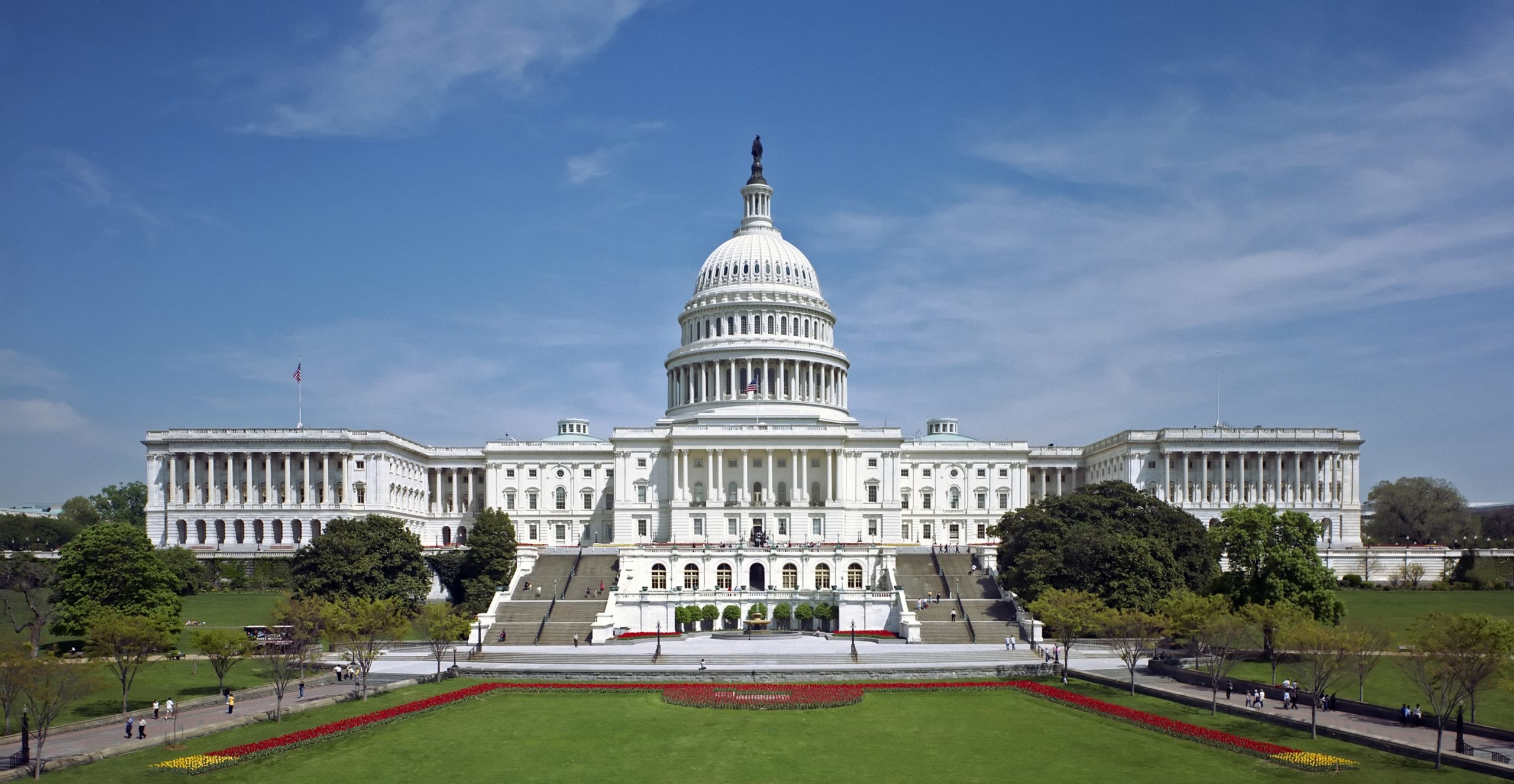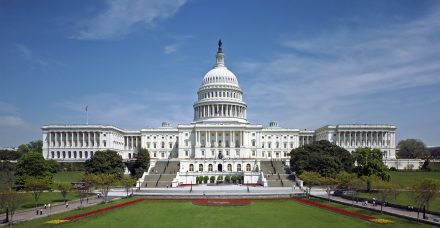Senate Health Bill’s Effects Even Worse in 20 Years

 It was a huge relief last week when Sen. McConnell announced that the Senate bill to repeal the ACA and “reform” Medicaid would not be voted on before Congress’s July 4th recess. But now that July 4th has come and gone, and the Senate will be back in session next week, we need to keep up the pressure. Just in case you need it, here is one more reason to gear up to fight back against this terrible bill: the Congressional Budget Office’s (CBO) estimates on the longer-term effects of this bill on Medicaid.
It was a huge relief last week when Sen. McConnell announced that the Senate bill to repeal the ACA and “reform” Medicaid would not be voted on before Congress’s July 4th recess. But now that July 4th has come and gone, and the Senate will be back in session next week, we need to keep up the pressure. Just in case you need it, here is one more reason to gear up to fight back against this terrible bill: the Congressional Budget Office’s (CBO) estimates on the longer-term effects of this bill on Medicaid.
The CBO’s score of the bill released on June 26th only looked at what would happen in the first ten years if the bill became law: a 26% reduction in Medicaid spending and 22 million more uninsured people by 2026. The longer-term analysis looks at the following ten years, and the results are devastating. The CBO found that if the Senate’s bill became law, federal Medicaid spending would decrease by 35% by 2036.
Let’s get real about what that means: in 2036, families that are struggling to make ends meet are still going to need health care, but the federal government will be spending 35% less on it. So, where will that 35% come from? Will states pick up the tab? And where are states that are already strapped financially (as most are) going to come up with that money – cutting the amount they pay health care providers, raiding general education or child care funds, putting off infrastructure projects? None of these are acceptable answers.
The only answer is that much of that 35% won’t be paid for. And that’s not because the state will forget to pay the bill, but because someone will no longer be getting Medicaid services. It may be something that is currently an “optional service” that most states cover, like prescription drugs. Or it could be an “optional population,” like pregnant women or children above the income limit (138% of the federal poverty level) set in the law.
The CBO’s analysis of the longer-term effects of the bill spells it out plain and clear: drastic cuts to the program that will result in many, many people losing Medicaid coverage. For us, that means back to work to stop the bill.




